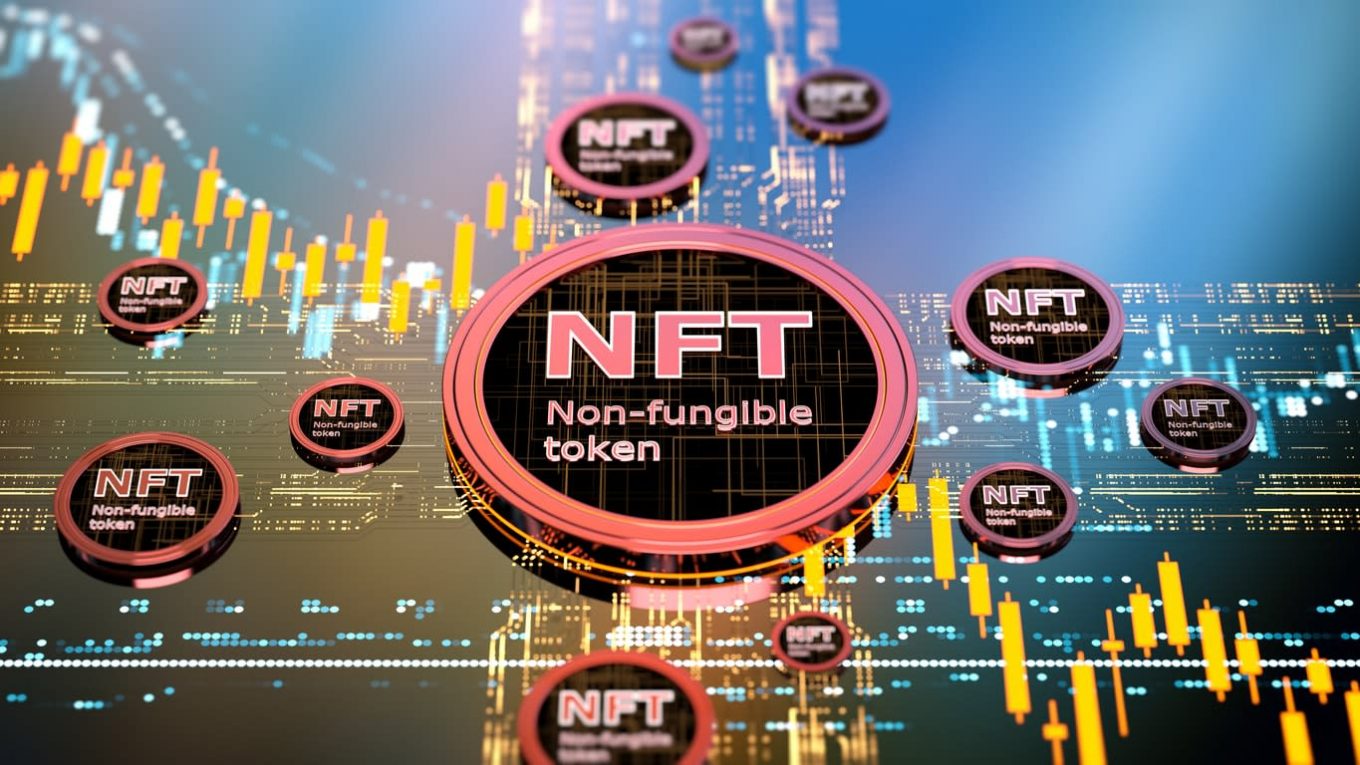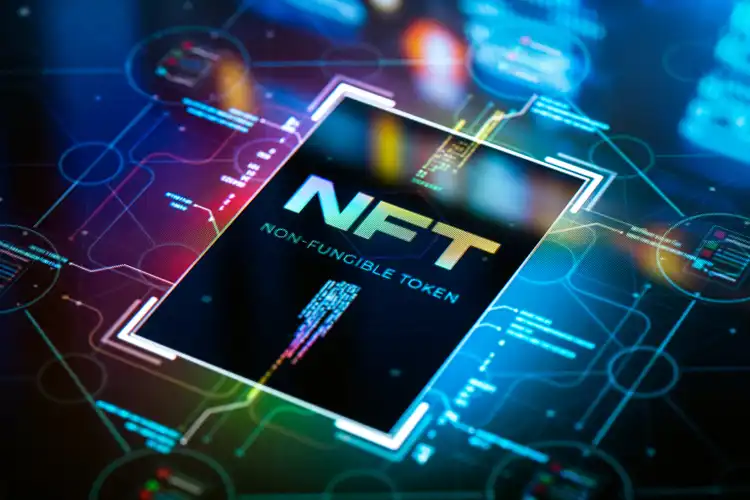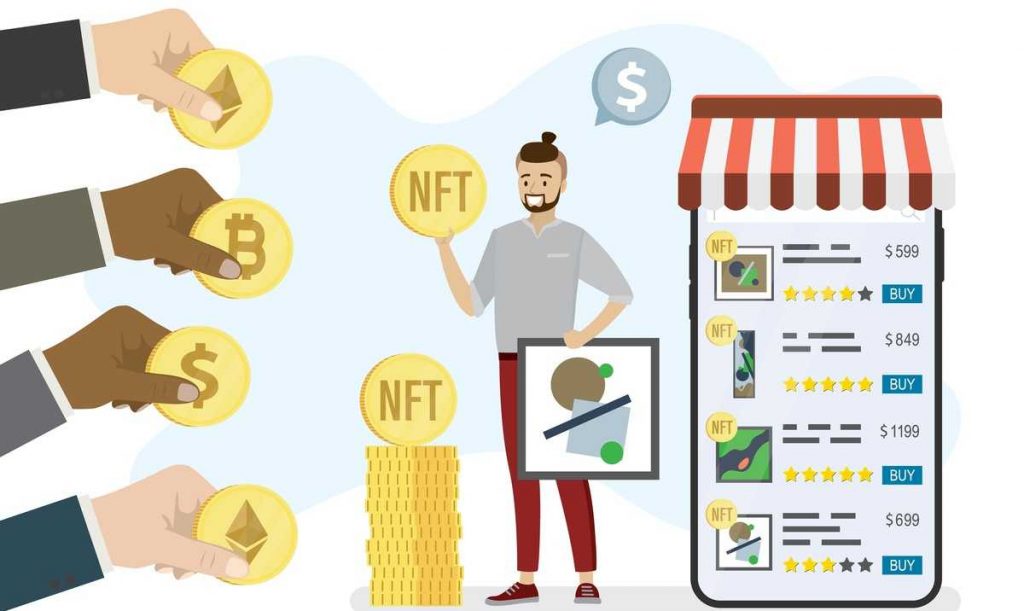Where to buy and the future of nft
Where to buy an NFT token?
Non-fungible tokens are sold on special markets. As NFTs increase in popularity, so does the number of platforms you can buy them on. For example, Reddit decided to create their own.
Read more: What is NFT in simple terms
We provide a list of the most popular NFT marketplaces, but there are many more:
- open sea
- Axe Infinity
- Binance NFTs
- Alcor exchange
- ghost market
The future of NFTs
For the past decade, the entire crypto industry has been insane. A vivid example is ICO, whose boom started in 2017. But many investors lost huge sums of money through fraud and failed projects.
Some critics, like Litecoin founder Charlie Lee, believe the sudden surge in NFT trading activity could be a problem. According to him, the supply of NFT will soon exceed demand and this will lead to a price drop. As a result, this will cause problems for those who have spent large sums on rare tokens hoping to resell them for a profit in the future.
Here is what Lee wrote about the artificial scarcity of NFT tokens:
“Unlike NFTs, true art doesn’t cost zero. Creating a work takes time and effort. It is indeed a testament to the work. A great artist like Picasso could only create a thousand works of art in his lifetime. This constraint creates scarcity that helps keep value high. NFTs create artificial scarcity. Due to the near-zero cost of creating each token, the market will eventually be flooded with tokens from artists trying to cash in on this madness.
On the other hand, scam projects will go away on their own over time, and the art will remain, said Alex Migitko, co-founder of NFT collection platform UNQ.Club, in an interview with Currency.com:
“Yes, all of this has speculative aspects, but I think they will die out over time. And the social side of NFT will remain. Tokens will not replace art. It seems to me that it will be more like the Renaissance when the Medici family patronized artists. Creators are not only supported by one gallery, but also by the community around the world.”
Another problem of NFT is called the copyright problem. Consider the Beeple image mentioned above.
The artist remains the author and owner of the rights, since he created the picture. The person who bought the token from Christie’s does not own the exclusive rights to the painting. The platform that created the color token (in this case, MakersPlace) has a limited license.
In other words, there is no agreement between the buyer and the creator of the original art object, the exclusive rights remain with the creator. Whether an NFT buyer can print Beeple T-shirts, for example, is not entirely clear. And if so, should royalties be paid to the artist?
Andrey Alekseychuk, IP/IT Attorney at Kachkin & Partners, commented on the legal status of NFTs in an interview with Currency.com:
“The law in no way ties the sale of NFT to the assignment of rights to the art as an object of intellectual property. For this to be possible, at least in theory, the rules of the system in which NFTs are sold must provide for the transfer of exclusive rights to the buyer of the token – and the copyright owner of the artwork must accept.
All that remains is to closely follow developments in the NFT industry and be vigilant – because what is growing fast in the market can fall just as fast.


